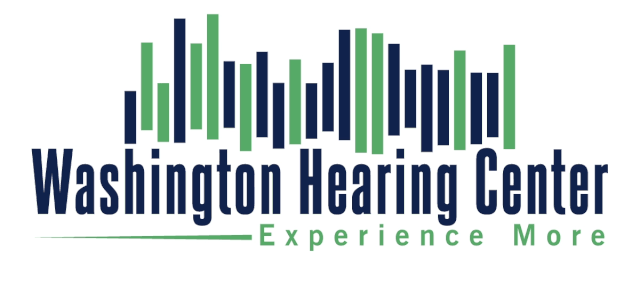When choosing a hearing care provider, many patients are thinking about just the hearing aids and not necessarily the professional who is going to help them to be successful with those hearing aids. The professional you choose is just as important of consideration as the hearing aids themselves as the professional programming and fine tuning of the hearing aids can make all the difference in a patient’s hearing loss journey.
There are two types of providers that work with hearing loss and hearing aids: Doctors of Audiology Au.D. and Hearing Instrument Specialists H.I.S. Doctors of Audiology are healthcare professionals with advanced training who provide comprehensive hearing evaluations, diagnose hearing loss, and fit hearing aids based on individual needs. Hearing Instrument Specialists, on the other hand, are sales professionals with a focus on selling hearing aids which are usually from a locked chain company such as Costco, Beltone, Miracle Ear, or Southwestern. Hearing Instrument Specialists may also work in private practice settings as well-not affiliated with a chain company.
Doctors of Audiology receive a Doctoral degree with emphasis in medical background for diagnostics as well as education for hearing aids, cochlear implants, balance disorders, etc. Furthermore, Doctors of Audiology are trained to recognize medical red flags for referral to Ear/Nose/Throat Physicians including: asymmetrical hearing loss or difference between ears, ear pain, ear fullness/pressure, tinnitus or ringing in the ears, dizziness/vertigo, and when surgical options may be appropriate instead of hearing aids. Hearing Instrument Specialists receive a certificate or up to an Associate’s degree with an emphasis only on hearing aids. Hearing Instrument Specialists often will not recognize medical red flags for referral to ENT as their training does not emphasize diagnostics.
Understanding the medical background of hearing loss helps Doctors of Audiology to make informed decisions about appropriate hearing aids for their patients. It also allows them to know when further help or intervention may be needed beyond just hearing aids. Audiologists have often seen patients who were never referred to an ENT for fluid in the ears, middle ear disorders, etc and they were inappropriately fit with hearing aids by a Hearing Instrument Specialist when they needed medical attention- including ear surgery.
We hope this helps all patients to better understand why choosing a Doctor of Audiology (Au.D. initials behind their name) over a Hearing Instrument Specialist (H.I.S behind their name) is important for your hearing health.
Dr. Tanya McCormack and Dr. Allison Love- Your local hearing doctors

